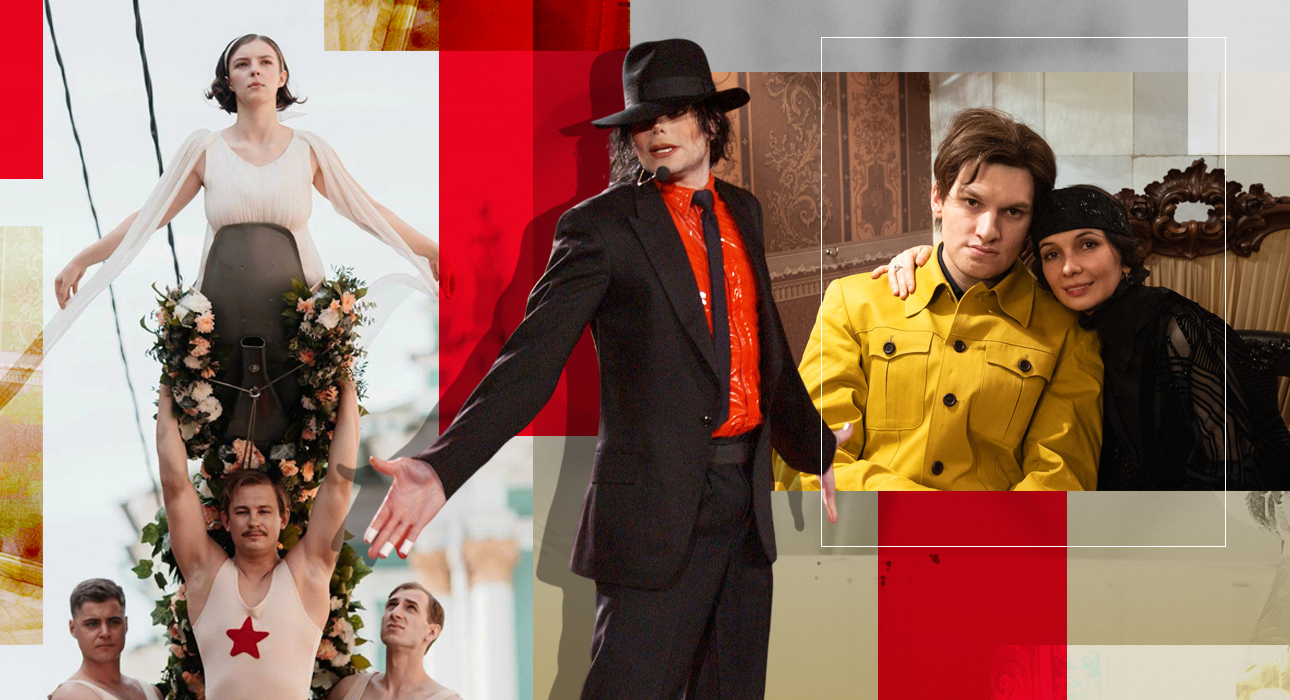Since his passing on January 10, 2016, just two days after his 69th birthday, the image of David Bowie and his legacy continue more than present in the collective memory. Much anticipation has been aroused by what is the first film that has the official and explicit support of the artist’s heirs, which has transcended into music, being an icon of pop culture from its beginnings, back in 1962, until his death. . Sure, ‘Moonage Daydream’, a documentary that makes a comprehensive review of his career and figure, transcends a simple tributebecoming a complete cinematic experience.

Directed by a veteran documentarian Brett Morgen, who demonstrated a unique ability to get close to famous people as he did with primatologist Jane Goodall in the magnificent “Jane” or with the hapless leader of Nirvana, Kurt Cobain, in “Kurt Cobain: Montage of Heck”; the director shows what his most ambitious proposal is, both technically and artisticallyas it is a complete cinematic experience that goes beyond the simple tribute and artistic review of an essential rock figure.
From the beginning, Morgen completely envelops the audience, as if transported into the universe that Bowie had in mind. It does so with a series of surprising sequences, in which the director shows all the visual power that the documentary has, which has proved to be one of the most avant-garde and innovative visions of the seventh art. Morgen escapes from the cinema of declarations combining the comments of experts or close friends with archival scenes (which, by the way, would have been a remarkable exercise, given the director’s professionalism).

Pure Bowie
Morgen is well aware of the importance of this cinematic exercise, for which he had exclusive access to the images and archival documentation. What it does is that Bowie himself tells the story of him, through his press comments, his concerts, his appearances in various media and, of course, his music. “Moonage Daydream”, whose title is a reference to the 1971 song of the same name, completely engages the audience in the work of Bowie, which has transcended the musical (although this is the main one).

Giving Bowie his career voice (similar to what Tom Volf did with the celebrated soprano Maria Callas in ‘Maria by Callas’), you can see a man who was trying to find his place in his beginnings; that he was able to capture the attention of the public with his daring garments; who broke sexual taboos at a time when bisexuality and homosexuality were not publicly discussed; who broke down gender stereotypes and who, finally, had a surprising artistic ambition, wanting to transcend the other arts, he was the first rock idol to become famous on Broadway; he has worked in film with directors of the stature of Nagisa Ôshima, Tony Scott or Julian Schnabel; not to mention his love for painting and collecting.
‘Moonage Daydream’, thanks to its full commitment to justify its time in IMAX, offers to be a cinematic experience at the level of Bowie, even for the uninitiated of his music and his career; offering that sensation that envelops and transports the audience into the psyche of a genius. Morgen does his most ambitious and roundest job of his career. ‘Moonage Daydream’ is free, bold, avant-garde, offering an experience that borders on synaesthesiaan essential film and one of the true cinematic miracles of this 2022.
Note: 9
The best: His careful selection of scenes and effects, whose sensations go beyond the verbal or written explanation.
Worse: His viewing outside of commercial theaters will take away that cinematic strength he only has on the big screen.
Source: E Cartelera
Elizabeth Cabrera is an author and journalist who writes for The Fashion Vibes. With a talent for staying up-to-date on the latest news and trends, Elizabeth is dedicated to delivering informative and engaging articles that keep readers informed on the latest developments.




